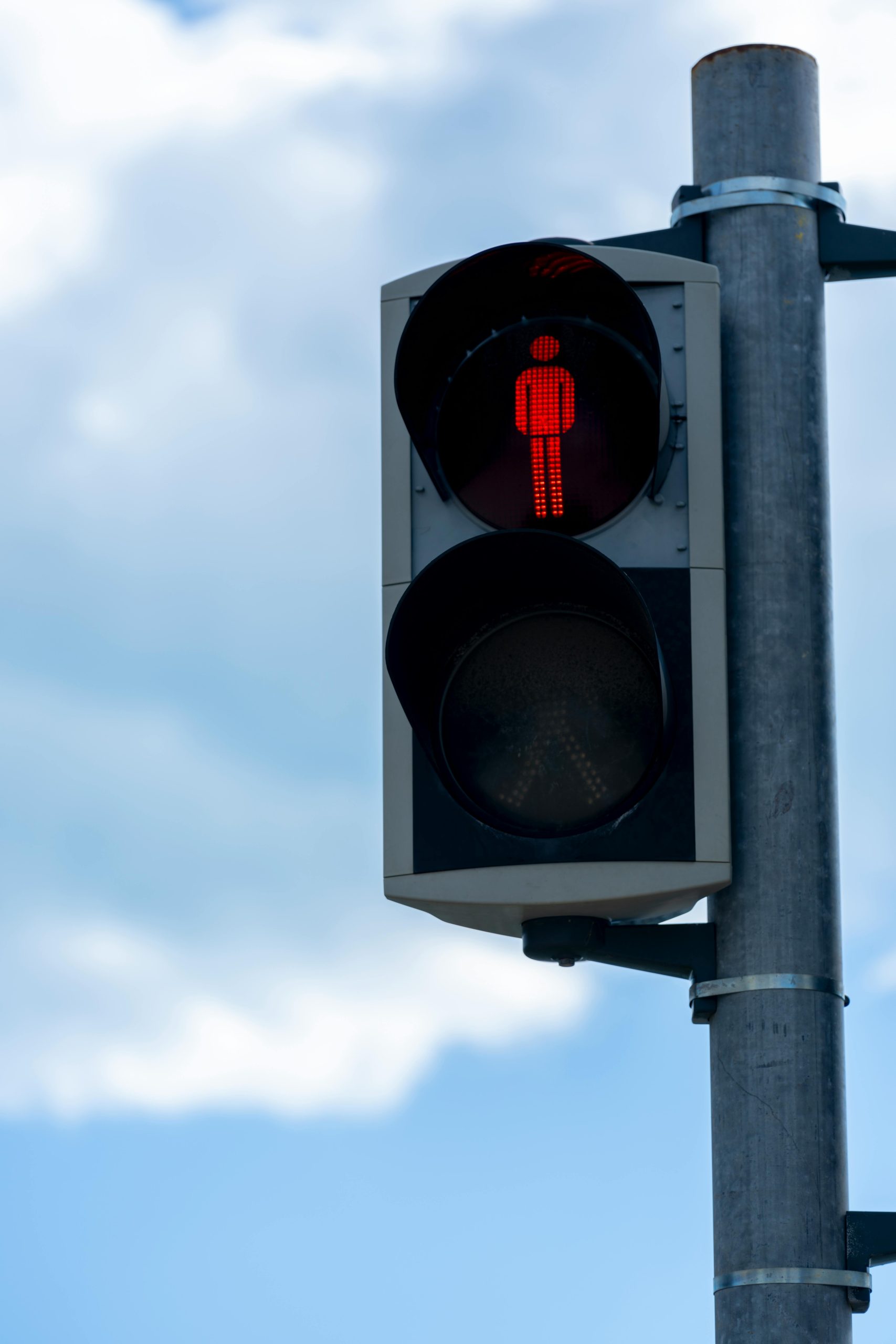Navigating Post-Accident Vehicle Repairs: When Insurance and Repair Shops Leave You Stranded
Dealing with vehicle accidents is stressful enough, but what happens when the repair process doesn’t go as planned? Recently, I experienced a rear-end collision that resulted in some unexpected complications, highlighting the importance of understanding your rights and options afterward.
The Incident and Initial Repairs
A few weeks ago, I was involved in a rear-end collision where the other driver was clearly at fault. Their insurance company acknowledged liability and directed my vehicle to one of their approved repair facilities. The primary concerns were minor—mainly cosmetic damage to the rear bumper and issues with the backup camera.
Progress seemed straightforward at first. The repair shop kept postponing the pickup date, but eventually, I was informed that my car was ready for collection. However, upon retrieving it, I encountered an alarming problem: the vehicle no longer started. The repair shop claimed that an electrical wiring issue had developed during repairs and, surprisingly, disclaimed responsibility for the new problem. They advised me to arrange for towing and repairs at my own expense.
Pre-Accident Vehicle Condition
Before the incident, my car was in excellent working order. I personally drove it to the repair shop with no issues, and after diagnostic testing, there were no underlying problems besides the broken backup camera—the only item scheduled for repair.
The Aftermath and Insurance Response
Following this, I contacted the at-fault driver’s insurance provider. Regrettably, their response was discouraging; they effectively washed their hands of the matter, leaving me to deal with the unforeseen electrical fault. Now, I’m faced with a vehicle that refuses to start, an unexpected repair expense, and towing costs—expenses I did not anticipate or request.
Seeking Solutions and Advice
This situation raises important questions about vehicle repair accountability and your rights as a car owner after an accident. If you’ve encountered similar circumstances, how did you navigate the challenges? What steps can I take to protect myself and hold responsible parties accountable?
In times like these, consulting with an independent mechanic for a thorough diagnosis is advisable. Additionally, understanding your insurance policy coverage for post-repair issues and exploring legal options can help ensure you’re not left footing unexpected bills due to someone else’s mistake.
Final Thoughts
Being left with a non-functional vehicle after an accident is incredibly frustrating, especially when the damage was supposed to be limited. Remember to document all communications, keep copies of repair orders, and consider seeking professional legal advice if insurance



